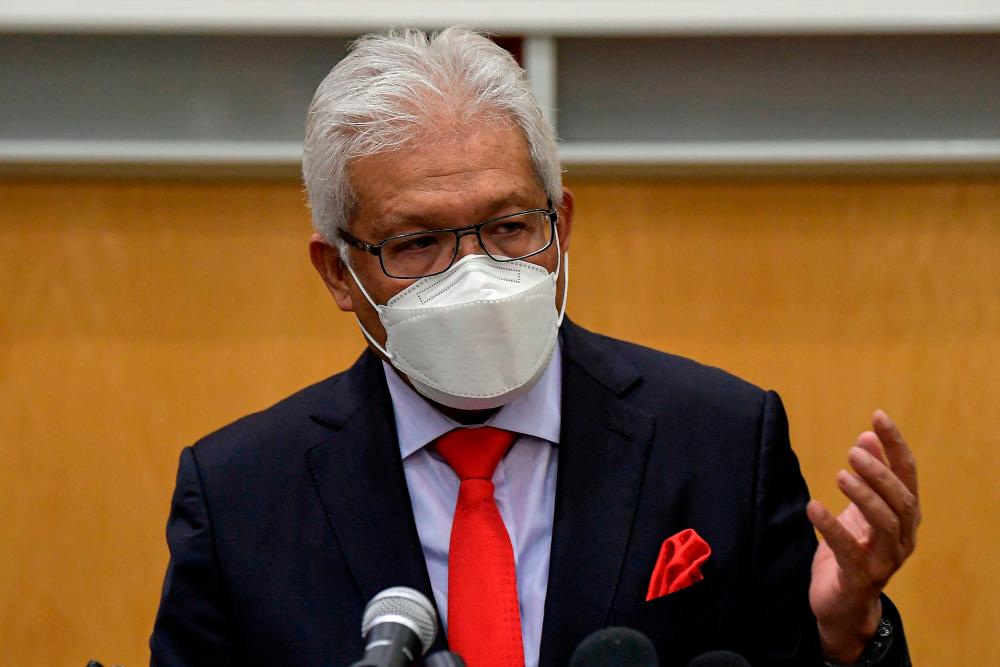KUALA LUMPUR: A total of 40,091 convicts from 74,000 prisoners under the out-of-prison rehabilitation programme have been released on parole since it was first implemented in 2008.
Home Minister, Datuk Seri Hamzah Zainudin(pix) said the programme was implemented through the parole system, Resident Reintegration Programme, Industrial Residents Reintegrated Programme (PRP), Corporate Smart Internship Programme for Persons On Parole, licensed prisoner release (PBSL) and the compulsory attendance order (PKW).
“Based on statistics, 6,550 offenders have undergone PKW since it was implemented in 2010 while a co-operation with the Malaysian Armed Forces through PRP has recorded a participation of 17,663 supervised persons since it was implemented in 2011,” he said in his speech in conjunction with the 231st Prisons Day celebration today.
He said the ministry also expanded the PBSL for the convicts under one year jail, convicts with chronic diseases, senior citizen convicts and convicts who achieved an excellent level of rehabilitation.
The programmes were seen as being able to expand the implementation of community rehabilitation programmes as the success percentage of the programmes was at 97.74 per cent from the release of 2,303 licensed prisoner release, he added.
Meanwhile, commenting on the problem of congestion in prisons, Hamzah said it was not a new problem and several drastic measures were implemented from last year to tackle it.
“Thank god, now the initiative of KDN (Ministry of Home Affairs) and the Malaysian Prisons Department since last year is starting to show signs of success...the problem of congestion in prison has reduced.
Hamzah said there was an excess of 19,860 detainees recorded nationwide on March 2020, and the number was successfully reduced to 7,803 excess detainees, namely, a reduction of 60.7 per cent.
In addition, he said KDN through the Malaysian Prisons Department had prepared a long-term holistic plan to realise the prison transformation agenda or prison reform.
“The transformation involves five core areas, namely, security control, treatment and care, rehabilitation, reintegration and probation and community correction on an ongoing basis.
“The cores of prison reform are further strengthened with four catalysts, namely, the empowerment of human resources, facility, legislation and smart collaboration,” he said.
Hamzah said KDN is committed to ensure that the transformation would become the main policy in the Strategic Plan and Master Plan of the Malaysian Prisons Department which would be realised together within 10 years.-Bernama










